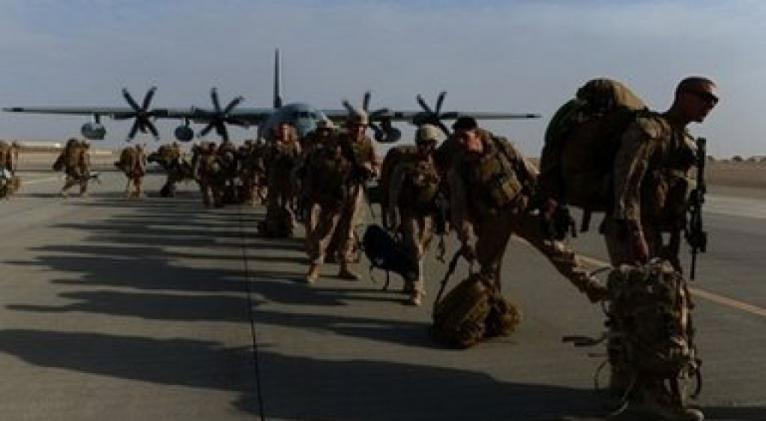Global warming will drag Britain into more wars – senior military officer
especiales

Rear Admiral Neil Morisetti told MPs on Monday that global warming, particularly from global reliance on oil, natural gas and other fossil fuels would be a driver of global instability, and would be a significant risk to the UK’s “geopolitical security.”
“Climate change will require more deployment of British military in conflict prevention, conflict resolution or responding to increased humanitarian requirements due to extreme weather impacts,” he said.
Morisetti also said global warming was a “threat multiplier” that is undermining global peace and livelihoods, as well as the natural world.
READ MORE: ‘Widely exaggerated’: Climate skeptic MP blasts UK emissions target
“The impact resulting in the loss of land and the loss of livelihoods is increasing the stresses in a number of vulnerable countries, countries where food, health and [rising population] are challenges,” he said.
Morisetti served in the Royal Navy for 37 years, and was an adviser on climate change to the foreign secretary, where he warned about the effects of food shortages, droughts and the depletion of traditional energy sources.
His comments follow a report published last week by the UN International Panel on Climate Change (IPCC), which warned that climate change would inflict “severe, widespread and irreversible” impacts on the world population unless countries made significant cutbacks to their carbon emissions.
The report also said international efforts to reduce global poverty could only be achieved by halting global warming and ultimately reducing carbon emissions to zero percent
Additionally, the Ministry of Defence (MoD) has acknowledged the potential effects of climate change on the UK’s security from abroad.
READ MORE: ‘Profit over security’: Business trumps climate targets – Oxfam UK
In its Global Strategic Trends report published in June, the MoD predicted that climate change would result in more “failing cities,” a greater loss of life and a rise in sexual violence in volatile conflict zones.
It also said that new energy initiatives such as nuclear and fusion power posed security risks, particularly if the material was obtained by “non-state actors,” such as terrorist groups.
Other experts have also warned about the effects of climate change on international security. Last year, researchers from the University of California Berkley conducted one of the widest studies of conflict to date, and found that localized and regional wars could be triggered as a result of “minor” climactic change.
They highlighted a strong correlation between rising temperatures and violence.













Add new comment